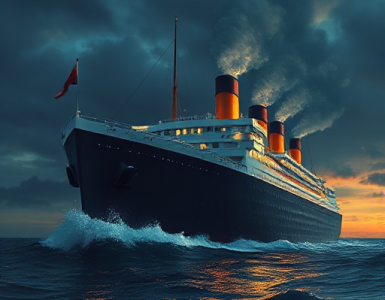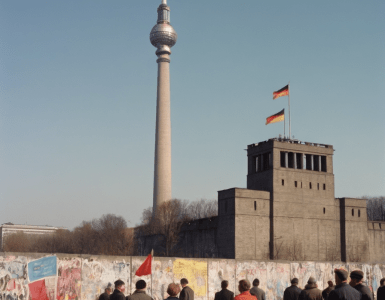As the war progressed, the attack on Pearl Harbor in 1941 brought the United States into the fray, turning the tide dramatically. Picture this: a peaceful Sunday morning shattered by surprise air raids, igniting a firestorm of retaliation that would engage America in a fight for freedom, and ultimately reshape global alliances.
Then there were the pivotal battles—think Stalingrad in 1942, where Soviet forces faced off against the relentless Nazi advance. The ferocity of this battle was akin to a duel between titans, each determined to claim victory at great cost. This event proved to be a major turning point, showcasing the Allies’ resilience against the Axis powers.
And let’s not forget D-Day in 1944, which was like the grand finale of a magician’s show—full of suspense and unexpected successes. The Allied invasion of Normandy marked a decisive moment, allowing troops to storm the beaches and push back against tyranny.
Throughout the war, events like the liberation of concentration camps revealed the horrific realities of human suffering, leaving an indelible mark on our collective conscience. These key events of World War II weren’t just dates on a timeline; they were monumental shifts in the fabric of society, shaping the world we know today.
The Main Battles and Turning Points
Let’s take a moment to look at some of these critical moments. Think about the Battle of Gettysburg during the American Civil War. It wasn’t just a clash of armies; it was a boiling cauldron of ideals, bravery, and sacrifice. The sheer scale of that three-day event—tens of thousands of soldiers fighting tooth and nail—was a game-changer. For the Union, it marked a significant shift toward eventual victory and a step closer to unifying the country.
But what about the World Wars? The turning points in World War II, like the D-Day landings, are almost cinematic in their execution. Imagine thousands of soldiers storming the beaches against overwhelming odds. The grit and determination displayed by these brave souls shifted the tide in a global conflict. It’s as if they were writing history with every bullet fired, every wave crashed upon the shore.
These battles remind us that no matter how large or small a fight might seem, every struggle holds the potential for remarkable change. They serve as powerful reminders that history is alive, pulsating with the stories of those who dared to risk it all. Each conflict is a chapter in the human saga, a testament to our resilience and tenacity. Isn’t it incredible how these moments, even centuries later, continue to resonate with us?
How It Reshaped the World Order

Take the end of World War II, for instance. It wasn’t just about ending a conflict; it was about redefining power dynamics on a global scale. Countries that once stood alone found new allies, while traditional powerhouses saw their influence wane. It’s almost like a game of chess — one strategic move leads to another, with countries repositioning themselves to secure their interests. Suddenly, new alliances formed, paving the way for organizations like the United Nations, aimed at promoting peace and cooperation.
Fast forward to the Cold War, and we see another monumental shift. The rise of superpowers, driven by ideology, created a division that marked national policies for decades. Think about it: this was a period of constant tension and competition, with the entire world caught in the crosshairs of a nuclear standoff. The fear of mutual destruction forced nations to rethink their security and diplomatic strategies, which, in turn, reshaped how global relationships were managed.
And who can ignore the digital revolution? Today, information travels faster than ever, influencing public opinion and shaping policies overnight. It’s as if we’ve entered a new arena, where tech giants and cyber nations vie for dominance, compelling traditional powers to adapt or risk obsolescence.
All of these shifts highlight one crucial truth: history is never static. It’s a living, breathing entity, constantly evolving based on the decisions and events that shape our world.
























Add comment